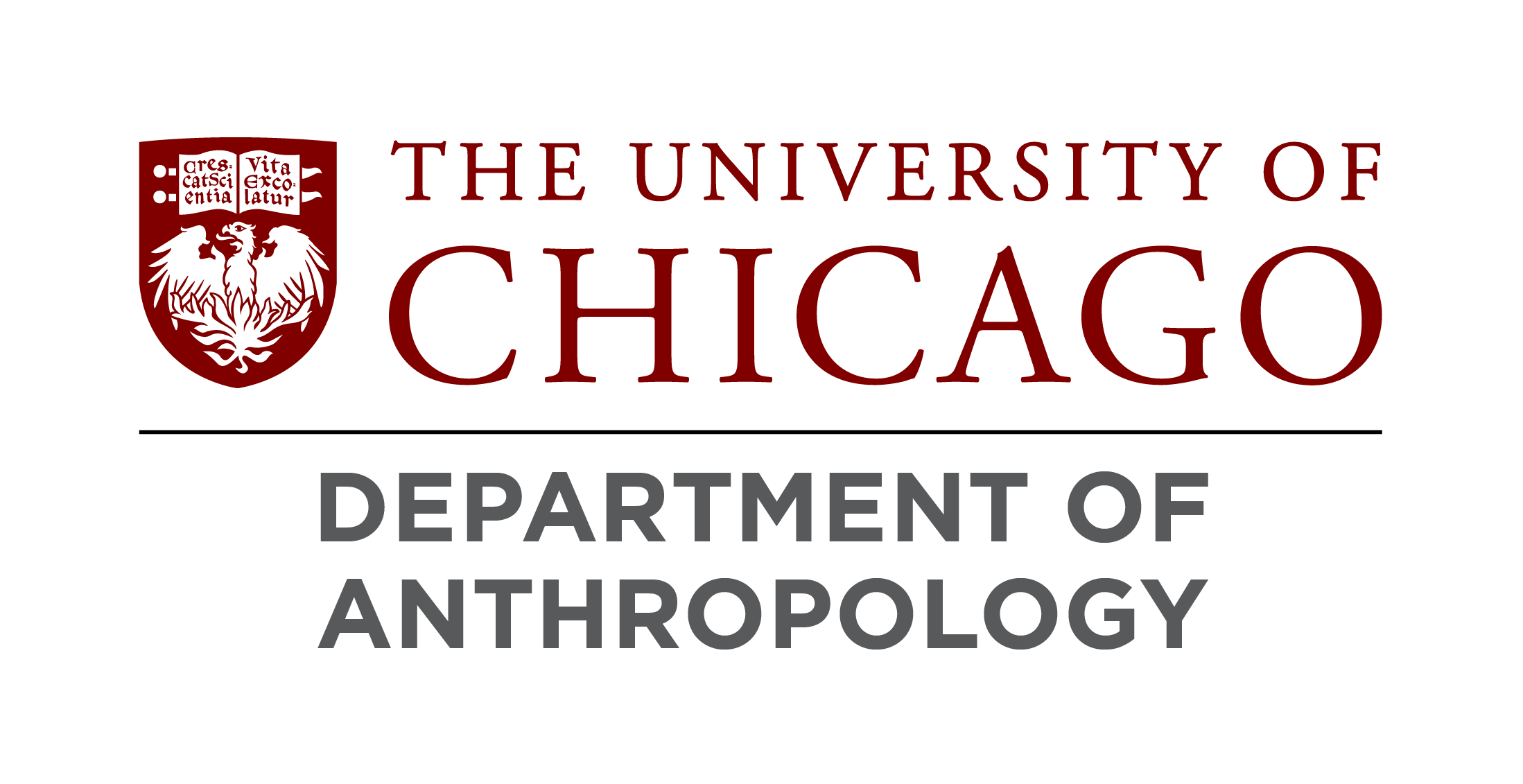Courses
Learn more about the graduate program in Anthropology here.
ANTH 30501 Transindividuality
Instru: Kaushik Rajan, M/W 9:30 am – 12:20 pm
This class will explore conceptions of political community that disrupt and exceed the individual / collective binary. It will think in the first instance with certain genealogies of French philosophy that implicitly or explicitly posit the transindividual: Etienne Balibar's reading of Spinoza; a poststructuralist genealogy of political community from Maurice Blanchot to Jean-Luc Nancy to Jacques Derrida; Gilbert Simondon. These will be juxtaposed to readings of Global Southern instantiations of transindividual ideals as foundational investments in postcolonial imaginings of political community: specifically the use of Ubuntu in post apartheid South African political philosophy, and the importance of fraternity in the philosophy of B.R. Ambedkar. The attempt is to think through the kinds of aporias and possibilities of such relational ideas of the political present, in relation to questions of socioeconomic emancipation and democratic promise.
ANTH 34000 Intro to Chicago Anthropology
Instructors: Darryl Li/ Alice Yao, M/W 12:30 – 1:50 pm
An introduction to the current faculty of the Department of Anthropology, their intellectual genealogies, and their current work.
ANTH 34101 Development of Social Cultural
Instructor: Hussein Agrama, Theory-1 (“Systems”), T/TH/F 2:00 – 4:50 pm
Systems 1 is designed to introduce students to the intellectual and historical context of the emergence of anthropology as a professional scholarly discipline. The class asks after the conditions of inquiry - at once conceptual and socio-political - that shaped the discipline in its early formulation, but always with an eye toward our understanding of it today. This will require that we tack back and forth between considering the internal logics of an emergent social theoretical inquiry - what are its views of the world, humanity's relationship to it, and to what extent are we able to grasp and explore it - and the nature of these commitments in light of the rise of industrialized mass societies in 'the West' and, on the other hand, the consolidation of colonialism around the world.
ANTH 35305 Anthropology of Food and Cuisine
Instructor: Stephan Palmie, T/TH 12:30 – 1:50 pm
Contemporary human foodways are not only highly differentiated in cultural and social terms, but often have long and complicated histories. Anthropologists have long given attention to food. But, until quite recently, they did so in an unsystematic, haphazard fashion. This course explores several related themes with a view towards both the micro- and macro-politics of food by examining a range of ethnographic and historical case studies and theoretical texts. It takes the format of a seminar augmented by lectures (during the first few weeks), scheduled video screenings, and individual student presentations during the rest of the course.
ANTH 51942 Anthropological Encounters with Technology
Instructor: Michael Fisch, T/TH 12:30 - 1:50 pm
How has anthropology adapted in recent decades to humanity’s underlying technological condition? How has it recalibrated foundational assumptions in order to engage posthuman claims and speculative machinic philosophies? This seminar explores current anthropological approaches to questions concerning technology in conjunction with recent philosophies of technology. Of central concern will be examining the ways in which latter has informed a reconceptualization of the relationship between culture and technics in opposition to culturalist tropes and technologically determinist accounts of modern society. At the same time, we will examine the limits of ethnographic approaches to technological environments. Our overall aim will be to elaborate a language, analytic, and orientation for cultural encounters with technology, and the relevant insights from philosophies of technology for new ethnographic approaches.
ANTH 57300 Doing Multimodal Discourse Analysis, From Interaction Media Textuality
Instructor: Constantine Nakassis W 1:30 – 4:20 pm
This course provides students a discourse analytic background to the ethnographic study of semiotic activity in culture. In addition to exploring the epistemological bases of interactional analysis, the course provides hands-on experience in generating artifactual representations of discursive interaction, widely construed, as well as reviewing various analytic and theoretical approaches to the analysis of such materials. Taking a critical lens to the production and analysis of such materials, the course also questions the limits and possibilities afforded by the “micro” analysis of discursively mediated social interaction. We begin the class with questions of the theoretical implications of transcription and the epistemologies of interactional analysis. Class readings, discussion, and in-class assignments will then take students through practices of noticing and transcribing common to interaction-oriented linguistic anthropology and related fields (e.g., ethnomethodology, conversation analysis). Subsequent weeks expand from these to various aspects of interaction textuality: poetic patterning in interaction, gaze, spatial orientation, and gesture. Later weeks expand such interactional-based analytic techniques to questions of media texts (such as edited, fictional film, graphic novels, etc.) and social media.
ANTH 57900 Advanced Reading Seminar: Archaeology, History, Time
Instru: Sarah Newman, FRI 3:30 – 6:20 pm
This advanced reading seminar explores ideas about archaeology, history, and time, and how they relate to one another in theory and practice. We will cover a wide range of topics, including (but not limited to): memory and forgetting; intersections of temporality and materiality; and time, history, and archaeology beyond the human.
ANTH 63701 Capitalism and the State
Instructor: John Kelly, T/TH 9:30 – 10:50 am
What can historical ethnography teach us, about the origins of capitalism, sovereignty and corporations, and the past and future of planning? This course will examine transformative events: the advent and the abolition of British empire slavery. Whaling and its consequences. The “7 Years War” in India and America. The Mongol conquests. Also, twentieth century (c20) stock market crashes. The late c20 rise of global cities. China’s c21 “Belt and Road Project.” Cognizance of global warming. We will use transformative events to track the emergent assemblage of state and capitalist institutions, including money, markets and taxation, banks and stock markets, accounting and budgets. Like Weber, we will seek causal patterns in between determinism and serendipity. Following Veblen, we will focus on corporations and “New Deals.”
 THE UNIVERSITY OF CHICAGO
THE UNIVERSITY OF CHICAGO

